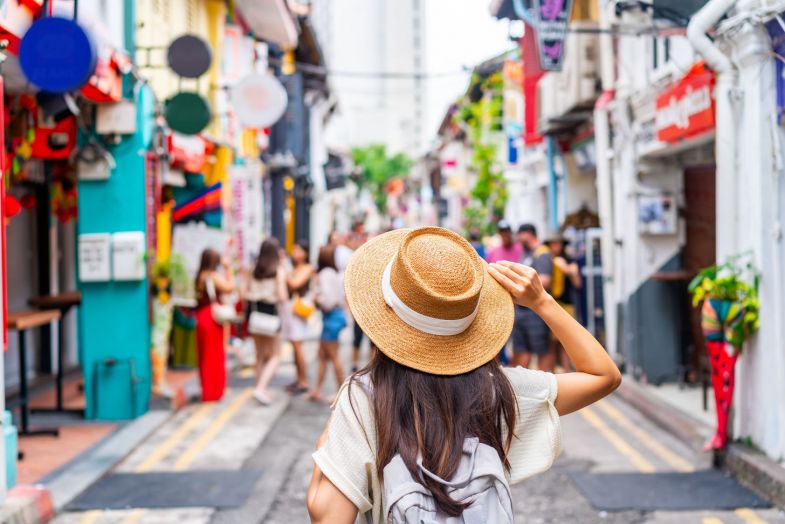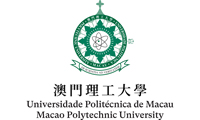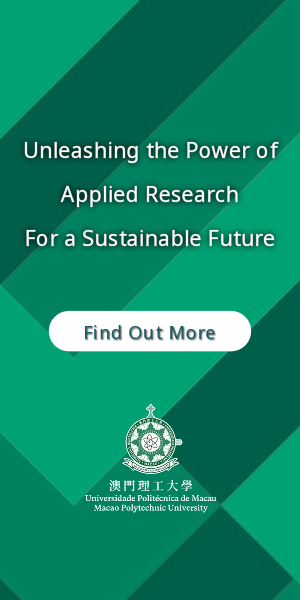Hans Christian Andersen once said, “To travel is to live,” capturing the very essence of what it means to explore the world beyond our doorsteps. As we tread through the corridors of time, our journeys lead us to the storied doorways of heritage sites, where every stone and carving whispers tales of yesteryear. In today’s postmodern era, these whispers have transformed into a dialogue between the past and the present, with travellers seeking not just to witness history but to experience it through a mosaic of cultural narratives.
Professor Ivan Lai Ka Wai from the Centre for Gaming and Tourism Studies of Macao Polytechnic University delves into this evolving dance between the modern wanderer and the ancient world, exploring in a collaborative study how the diverse values of postmodern tourists shape their intentions as they traverse the bridge between what was and what is, injecting vitality into the saying “to travel is to live.”

Balancing Conservation and Economics
Heritage sites document the footprints of time and legendary histories, embodying cultural significance and preservation value. In our rapidly evolving postmodern world, the preferences and behaviours of those who journey to these sites are shifting dramatically. Professor Lai’s insightful research navigates through this transformation, exploring how travellers’ values influence their behaviours and interactions.
Heritage tourism has seen a surge in popularity, mirroring a deeper yearning for quality in both life and travel experiences. This niche has now become a significant part of the tourism tapestry. The surge in tourist numbers intensifies the commercialisation of cultural heritage, prompting a deep reflection on how to balance traditional conservation with modern economic values. Professor Lai’s research focuses on postmodern travellers who are open to a wide range of tastes and diverse cultural experiences. They value change and cultural integration, viewing revitalised cultural heritage as a valuable experience to gain during their journeys.

Professor Ivan Lai Ka Wai from the Centre for Gaming and Tourism Studies
Exploring Postmodern Values: Redefining the Meaning of Cultural Tourism
The study employed both qualitative and quantitative methods, beginning with semi-structured interviews lasting 30 to 60 minutes to explore young travellers’ views on the postmodern aspects of cultural heritage. These interviews, focusing on the integration of ancient and modern cultures, aimed to identify key value factors of postmodern cultural heritage. Conducted at Lingnan Tiandi in Foshan City’s Chancheng District, close to the Donghuali and Foshan Ancestral Temple, a national key cultural relic protection landmark, the area features postmodern renovations that merge historical architectural sites with the urban landscape, preserving cultural continuity. After the interviews, the research team collected additional data through a structured questionnaire survey for cross-analysis. The survey screened for postmodern characteristics and concluded with questions on the respondents’ core values and intentions. This comprehensive approach facilitated a detailed understanding of travellers’ perspectives and preferences.
The study revealed that the respondents displayed characteristics typical of postmodern tourists, including a preference for travel experiences that are symbolic, individualistic, and experiential. Their attitudes towards change, diverse lifestyles, and cultural heritage align with the evolving values and behaviours seen in the postmodern tourism industry. These insights help us understand patterns in tourist behaviour, providing valuable academic input for the development of sustainable tourism ecosystems.
Furthermore, the research indicated that the travellers’ openness to change played a significant role in shaping their preferences. They were more likely to visit destinations that successfully merge traditional and modern elements, and they expressed a greater willingness to return to these places. Their positive response to locations that integrate traditional heritage with contemporary features suggests a robust intention to revisit, highlighting a key trend in tourist preferences.
Promoting Sustainable Tourism with Cultural Heritage
Current research on the impact of postmodern tourists’ values on cultural heritage tourism is sparse. This study lays a foundational literature base, enabling heritage managers and the tourism industry to innovate their offerings. It assists in creating cultural experiences that attract tourists, such as integrating modern technology or organising culturally diverse events at heritage sites, deepening visitors’ appreciation for historical integrity. The research also provides strategic guidance for professionals involved in the development and restoration of cultural heritage. By understanding the diverse values of postmodern tourists and incorporating spatial concepts and cultural ecological landscapes into restoration plans, the study enhances the unique charm of World Heritage Sites. This approach not only enriches these sites but also promotes the sustainable growth of the tourism industry.
Professor Lai is a renowned figure in the global academic community, recognised among the top 2% of scientists by Stanford University. He actively advances the tourism industry of the Chinese mainland and Macao. His research focuses on resident-tourist relations, niche tourism, smart tourism, and convention and exhibition management. His work has been featured in numerous prestigious international journals and in multiple government-funded research projects. His contributions have significantly influenced tourism education and industry practices.

Building a Smart Leisure Tourism City
The concept of sustainable tourism, introduced by the United Nations World Tourism Organisation, focuses on protecting local cultural textures and natural landscapes to support a thriving economic and cultural tourism ecosystem. For many years, MPU has been dedicated to advancing the tourism and leisure industries in Macao. The University has long offered bachelor’s and master’s degree programmes in the field. Starting in the 2024/2025 academic year, doctoral degree programmes in Business Administration, and Cultural Heritage and Anthropology are being offered. These new programmes are designed to train outstanding professionals in cultural tourism management.
Additionally, the Centre for Gaming and Tourism Studies is deeply engaged in academic research and professional training programmes, striving to align with Macao’s development plan to become a “World Centre of Tourism and Leisure” and the strategic objectives of the Guangdong-Hong Kong-Macao Greater Bay Area. The centre has forged partnerships with leading educational and industry figures both locally and internationally. Notably, it has collaborated with Sun Yat-sen University to establish a centre for gaming studies and a postdoctoral centre for innovation and application. It has also partnered with BMM, a premier gaming technology testing company, to create a testing centre for gaming devices, and with Suzohapp, a worldwide leisure equipment manufacturer, to launch the Asia Gaming Technology Laboratory. These initiatives bolster the technological capabilities available for teaching and research, blending academic rigour with industry insights to foster Macao’s economic development and seize opportunities in the Guangdong-Hong Kong-Macao Greater Bay Area.
The “Tourism+” policy advocates for the integrated development of the tourism industry chain with other sectors, using technology to lead the advancement of smart tourism and diversifying the market’s customer base. Professor Lai’s research project is valuable for the management and revitalisation of Macao’s World Cultural Heritage, potentially introducing dynamic elements that meet tourists’ expectations, enriching Macao’s cultural uniqueness, and contributing to engaging narratives in the global cultural heritage tourism sector. MPU continues to leverage its academic strengths to keep pace with tourism industry trends, pushing forward Macao’s goal of becoming an important international tourism hub.
This research paper is published in Tourism Management Perspectives. Explore more:








